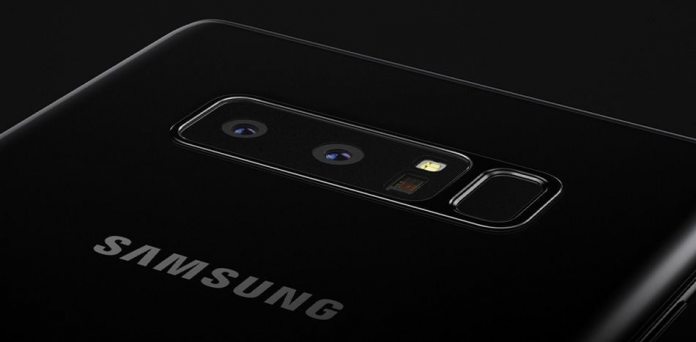Samsung has decided to keep Google as the default search engine on its Galaxy smartphones, according to a report by the Wall Street Journal. This is a decision that will impact Microsoft as Samsung was considering using Bing and the new Bing Chat AI search chatbot in place of Google.
The company had previously considered switching to Microsoft’s Bing, but reportedly changed its mind due to concerns over market perceptions and relations with Google. Those market perceptions are that Google remains the dominant player in search despite Bing Chat.
Samsung has a long-standing contract with Google that pays the Korean giant around $3 billion a year to use Google Search on its devices. However, Samsung was reportedly tempted by Bing’s new features, such as the GPT-4 integration Bing Chat and generative AI Bing Image Creator, that have brought a challenge Google’s dominance in the search market.
Bing Chat allows users to have natural language conversations with the search engine and get personalized answers. Bing also offers a generative image tool that can create realistic images based on text descriptions. Google has been trying to catch up with its own AI-powered search tools, such as Google Bard and the PaLM 2 large language model (LLM), but they are still in development or limited in availability.
Samsung initially thought that switching to Bing would not have a significant impact on its users, as most of them prefer other browsers like Chrome over the Samsung Internet app. However, the company later realized that such a move could damage its reputation and partnership with Google, which provides the Android operating system and other services for Samsung’s phones.
Bing Chat May Not Help to Gain Ground on Google
Samsung has not completely ruled out the possibility of using Bing in the future, but for now, it seems that Google will remain the default choice for Galaxy users. This is good news for Google, which relies on Samsung as its biggest Android partner and source of revenue.
There is no doubt that Bing Chat has generated interest in the Microsoft search engine. However, that interest may not yet be translating to users willing to leave Google. In fact, I recently reported that Bing continues to lose market share in the browser market.
According to Statcounter Microsoft Bing’s desktop search market share was 7.14% in April, while Google Search has 86.71% of the desktop market. You may be thinking what’s the problem, After all, Google has always been the dominant search player. True, but Bing Chat is supposed to turn the tide and push some of the market towards Microsoft.
Despite Microsoft’s claims of Bing reaching over 100 million daily active users, the search engine is losing ground in the market. Bing Chat, the AI chatbot feature, has not helped Bing gain more users. According to Statcounter, Bing’s peak market share in October 2022 was 9.92%, before the launch of Bing Chat.
However, in April 2023, Bing’s market share dropped to 7.14%, which is lower than the same month last year, when it had 8.05%. The situation is even worse when mobile and all devices are included. Bing only has 2.79% of the total market share, while Google remains the undisputed leader with 92.63%.
Bing Chat does not appeal to most users as a search option. They see it as a novelty, something to play with the AI for a while and then forget. For serious searching, the traditional type-and-get system is more effective. Bing Chat and search AI may improve in the future, but for now they are too slow and too inconsistent as a search tool. People do not want a chat; they want their search results fast and simple.





